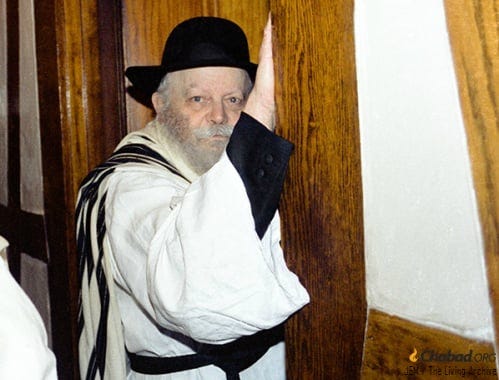From Kodesh to Chol: Remembering the Ordinary, Even When You Are So Extraordinary
Parashas Acharei Mos brings us right back to the beginning of Shemini, where we learned about the tragic death of Aharon’s sons. The parashah goes on to detail the Avoda of the Kohen Gadol on Yom Kippur, through which he achieves Kapara for himself, his family, and all of Klal Yisrael.
Between the deaths of Nadav and Avihu in Shemini, there’s been lots of water under the bridge; aside for celebrating Pesach, we also read the parshiyos of Tazria and Metzora. Why is the Torah, in the introduction to the Yom Kippur Avodah, revisiting the death of Aharon’s children? This could have been simply noted as "Hashem spoke to Moshe," as is often found in the Torah.
The Tiferes Shlomo gives an amazing explanation. He suggests that Nadav and Avihu didn’t necessarily die as a form of punishment, but because their closeness to Hashem was so great that there was no place for them on Earth. However had they used their proximity to Hashem to daven for the people, they would have been able to exist here.




